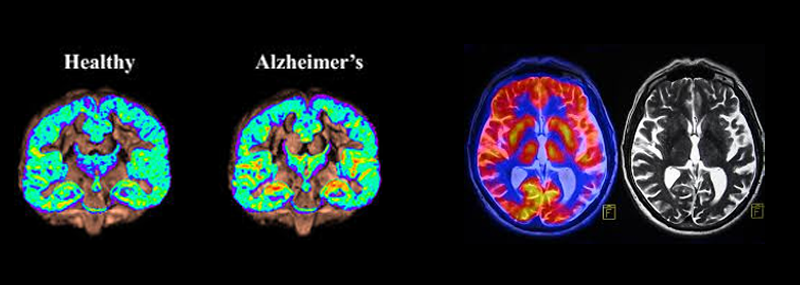By Kelly O’Brien, Executive Director, Brain Health Partnership and Reposted by Barbara Stohlman
Setting a national goal to reduce the number of people that develop Alzheimer’s and other dementias and putting an accountable plan in place to reach that goal should be a top priority for the incoming United States President and the 117th Congress.
In 2020 alone, three important studies augmented the growing evidence that prevention may be possible.
The Lancet Commission on Intervention, Prevention, and Care reported up to 40 percent of dementia cases could be delayed or prevented by modifying 12 risk factors—less education, hypertension, hearing impairment, smoking, obesity, depression, physical inactivity, diabetes, low social contact, excessive alcohol consumption, traumatic brain injury, and air pollution. Another large-scale systematic review of more than 395 studies identified a total of 21 evidence-based suggestions that can be used in life-course practices to prevent Alzheimer’s, and an NIH supported study concluded that combining more healthy lifestyle behaviors was associated with a 60% lower risk for Alzheimer’s disease.


